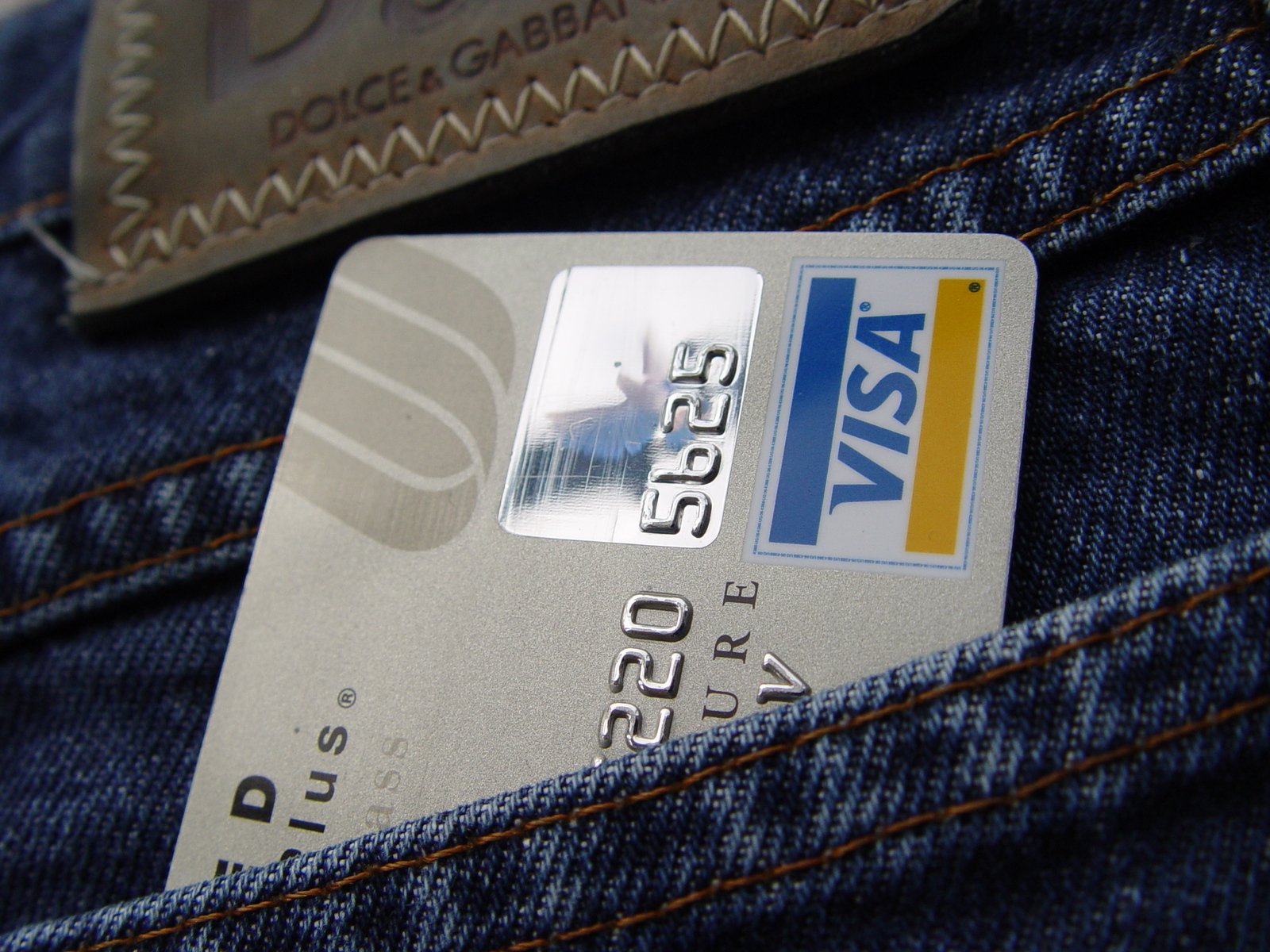When To Consolidate Your Debt
Top Five Ways To Get Your Credit Score Higher
June 8, 20195 Credit Myths
November 19, 2020Debt consolidation basically rolls high interest debts including credit card bills to a low-interest and single payment. It may also reduce the total debts and reorganize it so you can pay it faster. If you are dealing with an amount of debts and just like to reorganize different bills with various due dates, interest rates, and payments, debt consolidation is an approach you may tackle by yourself. Now let read more about the ways and when to consolidate your dept.
Debt Consolidation – How It Works?
There are 2 primary ways of consolidating debts. Both of these focus your debt payments to a monthly bill:
- Get debt consolidation loan that has fixed rate. You can use the cash from loans to pay off debts. Then, you may pay back the loans in installments for a particular term.
- Get zero percent interest and balance-transfer credit card. With this, you can transfer your debts to this card and pay balance in full during the period of promotions.
The other ways of consolidating debts take out home equity loans or 401(k) loan. But, such options may involve risk to your retirement or home. In any case, a good option for you basically depends on your profile and credit score and your debt to income ratio.
When is the Time to Consider Debt Consolidation?
Success with consolidation strategy needs the following:
- You need a plan to avoid running up debts again.
- Your cash flow covers the payments consistently toward your debts.
- Your credit is enough to qualify for low interest debt consolidation loans or a zero percent credit card.
- Your overall debts excluding mortgage does not exceed forty percent of gross income.
For instance, you have 4 credit cards with the interest rates that range from 18.99 percent to 24.99 percent. You make payments on time, so credit is great. You could qualify for unsecured debt consolidation loans at seven percent, which is a low interest rate.
For a lot of people, consolidation may reveal a light at the tunnel’s end. Once you take loans with 3-year term, you know that it’ll be paid off in 3 years. On the other hand, making some minimum payments on the credit cards might mean years or months before they are paid off while accruing more interest compared to the initial principal.
The Bottom Line
The primary reason you must consolidate your debt is if you have gotten in your head and willing to make some changes to your spending to get back above water. It may a useful tool for simplifying your payments, make faster progress on balances, and pay less interest. However, if you do not change your behavior that got you to this mess, having a new credit line will not change anything and might dig you deeper to debt.
Once you have decided to consolidate your debt, you might like to pay off your outstanding debts in several months or a year and definitely no more than 3 years. If you cannot pay it in 5 years, it could be time for bypassing consolidation and think of talking to the bankruptcy lawyer. It is also essential to note that debt consolidation is not for everybody. However, for some, it may be a shrewd move to get all of your finances back on track. Read this article to understand the Top Five Ways To Get Your Credit Score Higher



